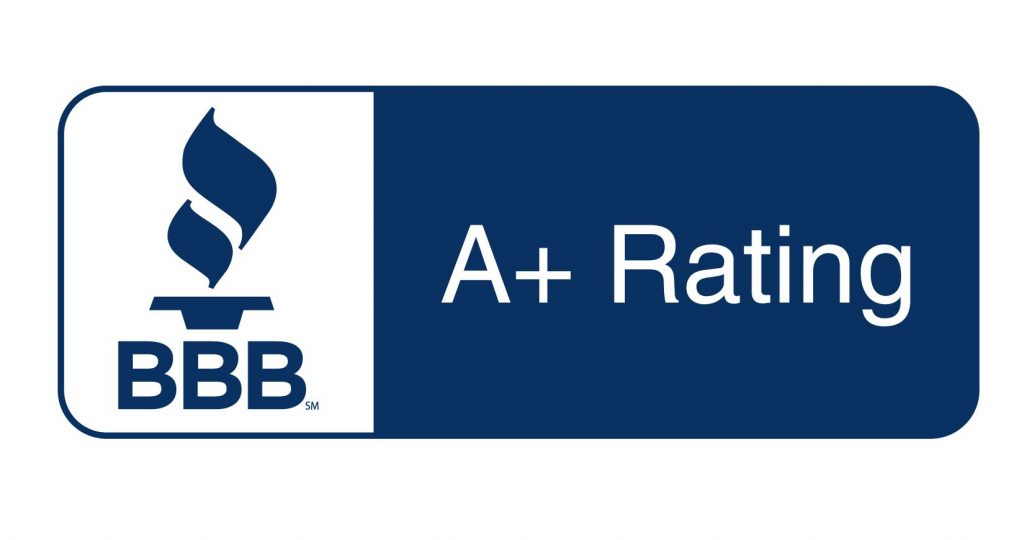Planning for the end of your life isn’t an easy topic to discuss. Despite this, it’s crucial to consider final expense insurance to ensure your loved ones aren’t burdened with unexpected costs during an already challenging time.
Final expense insurance, also known as burial insurance or funeral insurance, will provide assurance to you and your family by taking care of all or some of your end-of-life expenses.
How Does Final Expense Insurance Work?
Final expense insurance is similar to other kinds of life insurance policies but with a few minor differences.
You start by purchasing an insurance policy from a carrier or independent insurance agent. You’ll have many options to choose from, but most final expense life insurance policies range in value from $5,000 to $25,000. Of course, some policies offer even more coverage if you feel like you need it.
When you enroll in burial insurance, you’ll need to designate a beneficiary. This person or organization will receive the payout upon your death. You can choose to have the policy paid directly to the funeral home, but we don’t typically recommend this option.
Next, you begin making the premium payments, either monthly, quarterly, or annually, depending on your plan. Some policies offer level premiums, which means they won’t increase payments over time. Instead, you’ll enjoy a predictable fixed cost.
Finally, when you pass away, the designated beneficiary will file a claim to receive the benefits. The beneficiary may use these funds however they’re needed. This may include funeral costs, medical bills, debts, etc.
What Does Final Expense Insurance Cover?
As we’ve mentioned, funeral insurance is designed to cover costs associated with any end-of-life expenses. While the beneficiary has full discretion on how to direct the death benefit, there are typical expenses final expense insurance is intended to cover.
Funeral and Burial Costs: These are the primary costs that burial insurance aims to cover. These expenses could include the cost of a casket or urn, embalming, the funeral service, a burial plot, and a grave marker.
Medical Bills: If the policyholder has significant medical expenses during their final days, the final expense policy can help cover healthcare costs as well. This might include hospital stays, medication, or hospice care.
Legal Fees: Legal fees are another thing that can get in the way of the grieving process. You might come across probate or the cost of executing a will. The final expense policy can be used to pay for these fees as well.
Debt: If the policyholder leaves behind any debt – like credit cards, personal loans, or a mortgage – the burial insurance can be used to pay off those debts.
Other Expenses: The way in which your beneficiary uses the death benefit is not tracked. If they need financial assistance for travel to the funeral or just want to make a charitable donation, they are allowed to do so.
Pros and Cons of Final Expense Life Insurance
Like any life insurance product, final expense insurance has both advantages and disadvantages. You should consider this list of pros and cons to help you make an informed decision that best suits your needs and circumstances.
Pros of Final Expense Insurance
Ease of Approval: Funeral insurance usually has simpler underwriting processes compared to other kinds of life insurance policies. Most do not require a medical exam, and some even offer guaranteed acceptance if you’re within a certain age range.
Financial Protection: We’ve already made a case for this, but a final expense plan will protect your loved ones from having to take on funeral expenses themselves. This will ease their financial burden and create less stress during a tough time.
Flexible Use: Since the death benefit can be used at the discretion of the beneficiary, this provides some flexibility and allows them to use the funds as needed.
Cons of Final Expense Insurance
Cost: Most final expense policies have higher premiums per dollar of coverage compared to other life insurance plans. The reason for this is due to the easier medical underwriting process that allows more people to access these plans. Most people who purchase burial insurance are older, thereby posing a higher and faster rate of payout for the insurance carrier.
Coverage Limits: Most funeral insurance plans do not have high death benefits. While they might be sufficient to cover the funeral expenses, there will not be money left over, so you should not plan to use this as an inheritance.
Not a Wealth-Building Tool: Final expense life insurance policies do not offer a cash value or investment component. They are purely a tool used to pay for specific costs, not for building wealth.
As always, it’s crucial to discuss these factors with a trusted insurance advisor who will help you assess your personal needs and budget. Here at Carolina Senior Benefits, we’re committed to helping you make informed decisions about your future. Call to speak with one of our insurance advisors today.





